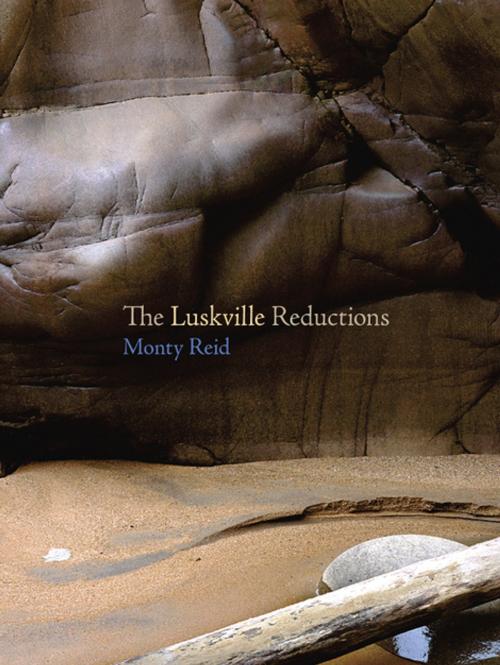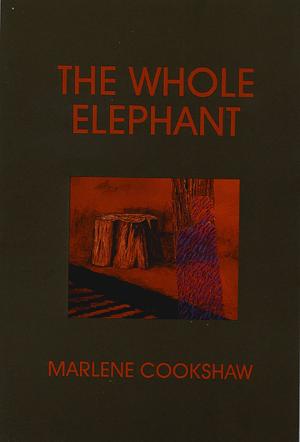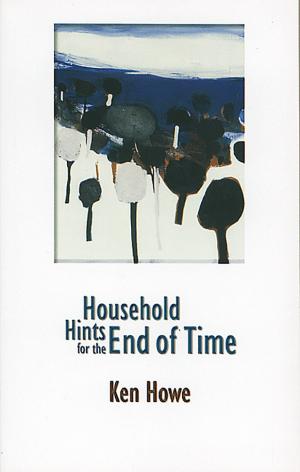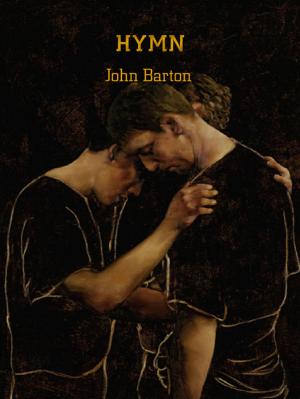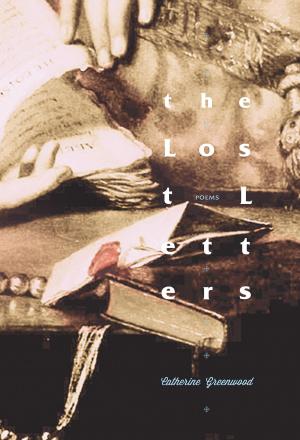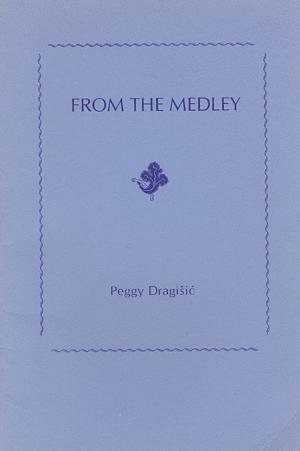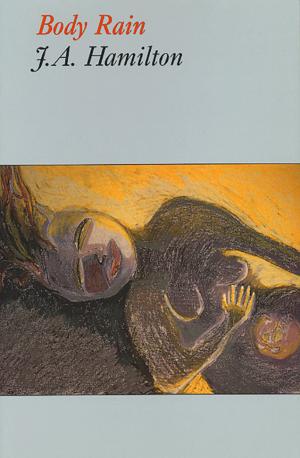| Author: | Monty Reid | ISBN: | 9781926829036 |
| Publisher: | Brick Books | Publication: | May 15, 2008 |
| Imprint: | Brick Books | Language: | English |
| Author: | Monty Reid |
| ISBN: | 9781926829036 |
| Publisher: | Brick Books |
| Publication: | May 15, 2008 |
| Imprint: | Brick Books |
| Language: | English |
A book of lyrics, fragmented, extended, and recovered, which read as a single long poem.
The Luskville Reductions records a year in the life of a small Quebec town and the marriage that disintegrates there. While a book about loss, it is also a book about the state of becoming that coexists with change, the imbalance that for a time makes everything lucid, all the details adding up to much more than only an "us." The visible goes beyond mere facts in these poems, transformed into the deeply seen - and therefore sacred.
The problem with daylilies
is the usual contemporary twaddle: how is it
we know anything
now that you're gone.
What do you mean
now that you're gone?
What do you mean
daylilies?
"Marry the passionate grief of By Grand Central Station I Sat Down and Wept with the pared-down utterances of Beckett's lost men and you might arrive at The Luskville Reductions. While it evokes the dark cry of the lover in ‘O Western Wind,' this long poem is entirely contemporary in its ontological alertness, its wry ironies. At once threnody and enactment of loss, it brings something utterly new into the corpus of Canadian poetry. It is a brilliantly achieved poem." -- Mary Dalton
A book of lyrics, fragmented, extended, and recovered, which read as a single long poem.
The Luskville Reductions records a year in the life of a small Quebec town and the marriage that disintegrates there. While a book about loss, it is also a book about the state of becoming that coexists with change, the imbalance that for a time makes everything lucid, all the details adding up to much more than only an "us." The visible goes beyond mere facts in these poems, transformed into the deeply seen - and therefore sacred.
The problem with daylilies
is the usual contemporary twaddle: how is it
we know anything
now that you're gone.
What do you mean
now that you're gone?
What do you mean
daylilies?
"Marry the passionate grief of By Grand Central Station I Sat Down and Wept with the pared-down utterances of Beckett's lost men and you might arrive at The Luskville Reductions. While it evokes the dark cry of the lover in ‘O Western Wind,' this long poem is entirely contemporary in its ontological alertness, its wry ironies. At once threnody and enactment of loss, it brings something utterly new into the corpus of Canadian poetry. It is a brilliantly achieved poem." -- Mary Dalton
